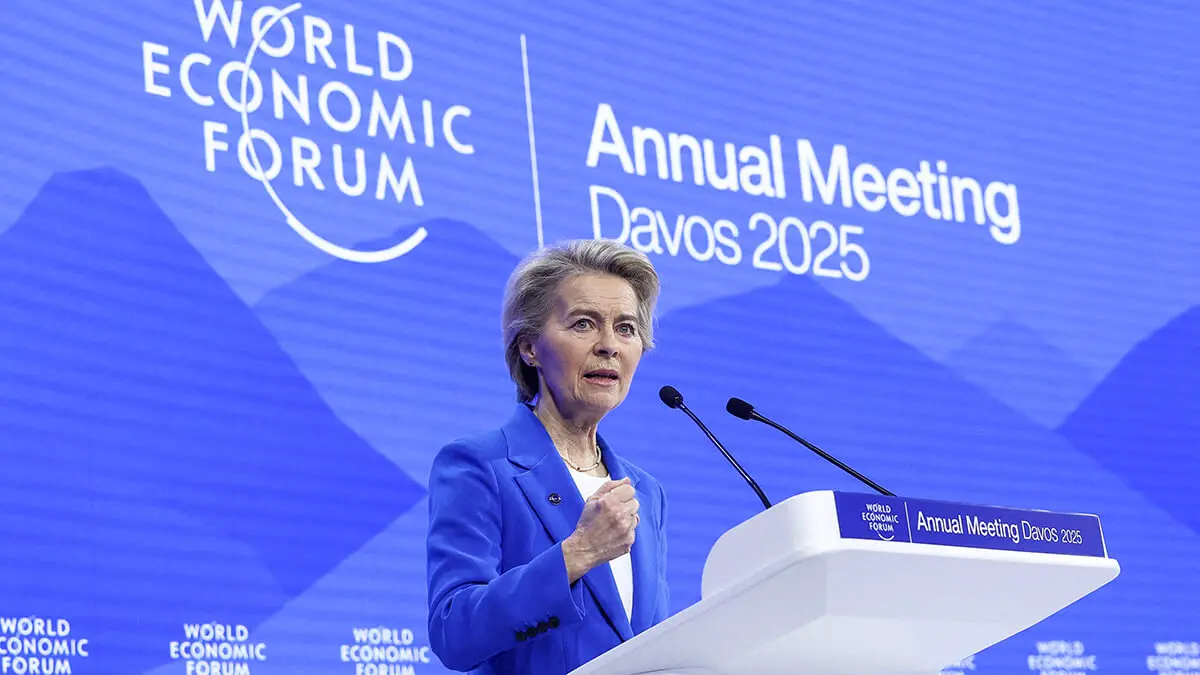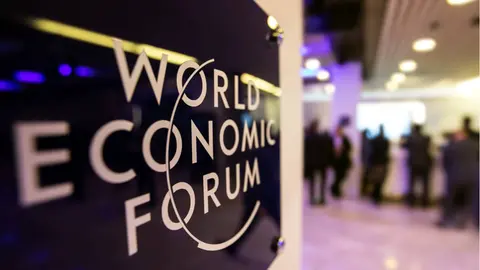Ursula finds the compass

This is what the President of the European Commission, the German Ursula Von der Leyen, has done when announcing the major projects of her College of Commissioners to restore the EU's lost competitiveness.
The set of measures designed by the EU government has been dubbed the ‘compass of competitiveness’ by Von der Leyen herself, who points to it as the translation into concrete projects of the reports drawn up by former Italian Prime Ministers Enrico Letta and Mario Draghi.
If the EU had boasted in the past of having become the world champion of regulation, it has now realised that this regulatory zeal has become a suffocating straitjacket that has largely impeded not only the progress of European innovation, but has also made it easier for its competitors to surpass, if not literally devour, companies from the so-called Old Continent. All of this has resulted in an enormous administrative burden for entrepreneurs and corporations, a hindrance denounced by Draghi, who is guilty in his opinion of Europe's lag in both growth and productivity, and which the Commission now intends to ‘simplify’ immediately. According to the Commission President, the first package of simplification measures, in addition to a catalogue of aid to industry, will be presented before the end of February. In short, Ursula's compass points to the EU finding its way back to innovation. A recovery that promises to be arduous, since the speed of the race imposed by the Sino-US duopoly has allowed the companies of both giants to cover a lot of ground.
Although Von der Leyen is at pains to emphasise that such a simplification will not affect the so-called Green Deal and the decarbonisation targets set for 2050, it is to be expected that the extremely tough environmental legislative requirements will be watered down. This is therefore good news for farmers and industrialists who have weathered the threats of ruin to their businesses, and monumental anger for environmentalists, who are already denouncing the dismantling, to a greater or lesser extent, of the European environmental architecture.
The outlined roadmap also points to the hackneyed energy independence, maintaining the ambition for a greater development of renewable sources, in addition to betting on nuclear, once it is verified that the European locomotive, that is to say Germany, has seized up after that decision of Chancellor Angela Merkel, as historic as it was economically disastrous, to suddenly abolish the power stations of what is still one of the cheapest, constant and safe energy sources.
Lightening the heavy rules of competition and the consolidation of the single market are the other two major areas that the Commission is tackling, heeding the recommendations of Letta and Draghi. The latter attributed the lack of true European champions in the most cutting-edge sectors to the extreme rigidity of the regulations for evaluating mergers, recommending that the beneficial effects that derive in terms of innovation thanks precisely to the union or absorption of intra-European companies be taken into account. It seems that the Commission is going to listen to him, as it is preparing to draw up new, obviously less rigid, guidelines for evaluating the merger processes of companies or business groups.
As for the single market, which on 1 January this year celebrated the 32nd anniversary of its entry into force, the Commission intends to give it a new impetus, favouring in particular multiple international alliances that guarantee a secure and constant supply of strategic raw materials at the best prices. In this respect, although it is true that in the more than three decades of the single market, European giants have been created in the aeronautical, chemical and automotive industries, it has not yet been possible to do so in such decisive fields as telecommunications, energy or defence, thanks to the closed defence of respective national interests. Taking great care not to tread on these nationalist corns, the Commission emphasises the need to ‘remove the barriers and obstacles that still prevent the creation of such giants, which, while deepening and expanding the single market, will contribute to greater European competitiveness in all its dimensions’.
Also noteworthy is the desire of the Commission Vice-President for Prosperity and Industrial Strategy, the Frenchman Stephane Sejourné, to shorten the deadlines and requirements for the reopening and exploration of rare metal mines in Europe. The greater ease in obtaining permits - 170 requests are already piling up on his desk - should reduce European dependence, especially on China, currently the main holder of rare earths, and therefore the world's largest producer and exporter of these metals. In that generalisation by Sejourné, the most discerning ears thought they detected an implicit allusion to the Danish island of Greenland.
It goes without saying that lightening the heavy European regulatory burden also implies the ever-postponed revision of European treaties. A task that can no longer be put off with more or less fragile patches. We will have to thank President Trump for his aggressive audacity since it seems that Europe is waking up from its lethargy, and for having facilitated with his threats that Ursula has found the compass that will chart the course of the European rebirth.



